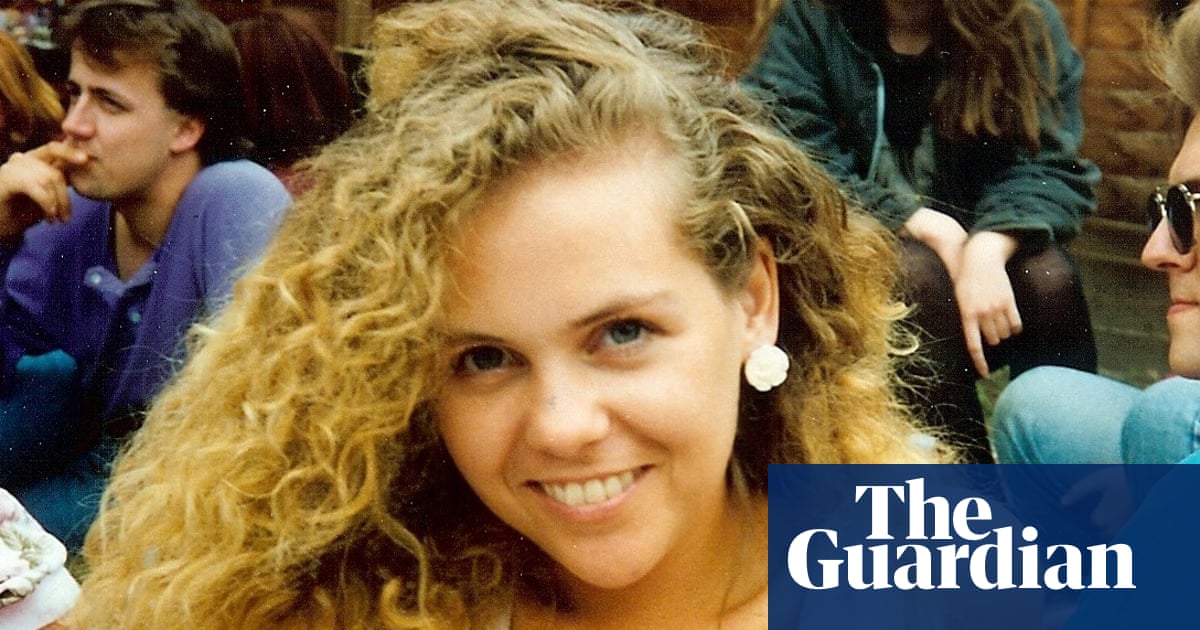
"It was the 1980s and BSE the spread of which would soon result in a national crisis had recently appeared in the UK. Emerging evidence and research indicated that eating meat could be detrimental to a person's health. That, added to the horrific smell that wafted from the nearby tannery in Yarm and an abattoir just up the road in Stockton-on-Tees, was enough to convince me that eschewing meat was the right call."
"It seems hard to imagine now, but my decision was regarded as extremely strange by my loved ones, a definite sign of audacious insurrection. Nonconformity wasn't something that was especially valued in a lower-middle-class family in the north-east of England at that time. People would have generally preferred it if I did as I was told. As a result of my unfathomable dietary preferences, mealtimes garnered a groundhog-day quality, peppered with endless, slightly hostile questions about what I would or wouldn't eat."
"You'll eat a bit of turkey at Christmas, surely? family would say. No, I won't, I'd reply, again. But turkey is Christmas. Turkey is poultry. This seems like a fad. Put some meat on her plate. And so it went. But even when I was served meat, I ate around it. I stuck to my guns. To me, taking a decision on what I wanted to put in my body seemed perfectly reasonable and straightforward; after all, it was my body."
I became a pescatarian at sixteen after BSE emerged and research suggested meat could harm health. The nearby tannery and abattoir smells reinforced the decision. Family and friends treated the choice as strange and audacious, expecting conformity and urging consumption of turkey at Christmas. Mealtimes became repetitive and slightly hostile, with constant questions about allowed foods. When served meat, I ate around it and maintained the diet despite accusations of seeking attention or moralising. Peers speculated about motives and practical limitations, while I upheld bodily autonomy and personal dietary agency.
Read at www.theguardian.com
Unable to calculate read time
Collection
[
|
...
]